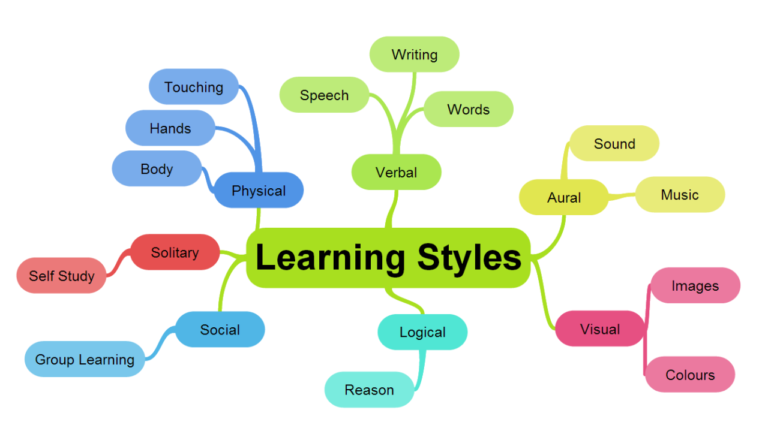The Importance of a Growth Mindset in Education
In recent years, the concept of a growth mindset has gained significant attention in educational circles. Coined by psychologist Carol Dweck, a growth mindset is the belief that abilities and intelligence can be developed through dedication and hard work. This perspective stands in contrast to a fixed mindset, where individuals believe their abilities are static and unchangeable. Embracing a growth mindset is crucial in education, as it fosters resilience, a love for learning, and ultimately, academic success. This article explores the importance of a growth mindset in education and how it can transform the learning experience for students.
Understanding Growth vs. Fixed Mindset
A growth mindset is characterized by the belief that abilities can be developed through dedication and hard work. In contrast, a fixed mindset assumes that intelligence and talent are inherent traits that cannot change.
- Growth Mindset: Emphasizes effort, learning, and the process. Individuals see challenges as opportunities for growth.
- Fixed Mindset: Focuses on validation, avoidance of challenges, and fear of failure. Individuals often shy away from tasks that may expose their limitations.
Understanding these differences is crucial for educators, as it lays the foundation for how they approach teaching and how students perceive their abilities.
Benefits of a Growth Mindset in Education
2.1 Increased Resilience
Students with a growth mindset are more likely to persevere through challenges and setbacks. When faced with difficulties, they view them as opportunities to learn and improve rather than insurmountable obstacles. This resilience fosters a positive attitude toward challenges and encourages students to keep trying, even when the going gets tough.
2.2 Enhanced Motivation and Engagement
A growth mindset enhances intrinsic motivation. Students are more likely to engage with the material, ask questions, and seek out help when they believe that their efforts will lead to improvement. This increased engagement often translates to a deeper understanding of the subject matter.
2.3 Improved Academic Performance
Research shows that students who adopt a growth mindset tend to achieve higher academic performance. They are more likely to embrace challenges, persist in the face of setbacks, and ultimately achieve better results. This mindset encourages continuous learning and a willingness to explore new ideas, leading to academic success.
Fostering a Growth Mindset in Students
3.1 Encouraging Effort Over Results
Educators should emphasize the importance of effort and hard work rather than solely focusing on grades or outcomes. Celebrating the process of learning encourages students to value perseverance and effort, fostering a growth mindset.
3.2 Emphasizing Learning from Failure
Teaching students that failure is a natural part of the learning process can help them embrace challenges. Encourage them to analyze their mistakes, understand what went wrong, and identify strategies for improvement. This reframing of failure as a learning opportunity is essential for cultivating a growth mindset.
3.3 Providing Constructive Feedback
Feedback should focus on the effort and strategies used rather than the person’s inherent abilities. Constructive feedback helps students understand their strengths and areas for improvement while reinforcing the idea that they can develop their skills through practice.
Creating a Growth Mindset Culture in Schools
To cultivate a growth mindset culture, schools should implement practices that promote this philosophy at all levels. Consider the following strategies:
- Professional Development: Provide teachers with training on growth mindset principles and how to integrate them into their teaching.
- Encourage Collaboration: Foster a collaborative learning environment where students work together to solve problems and share strategies.
- Model Growth Mindset Behavior: Educators should model a growth mindset in their own learning and teaching, demonstrating resilience and a willingness to learn from their experiences.
Conclusion
Embracing a growth mindset is essential for fostering resilience, motivation, and academic success in education. By encouraging students to view challenges as opportunities for growth and emphasizing the value of effort and learning from failure, educators can create a positive and supportive learning environment. As schools cultivate a culture of growth mindset, students are better equipped to navigate their educational journeys and achieve their full potential. Understanding and implementing growth mindset principles is not just beneficial for individual students; it has the power to transform entire educational institutions.






